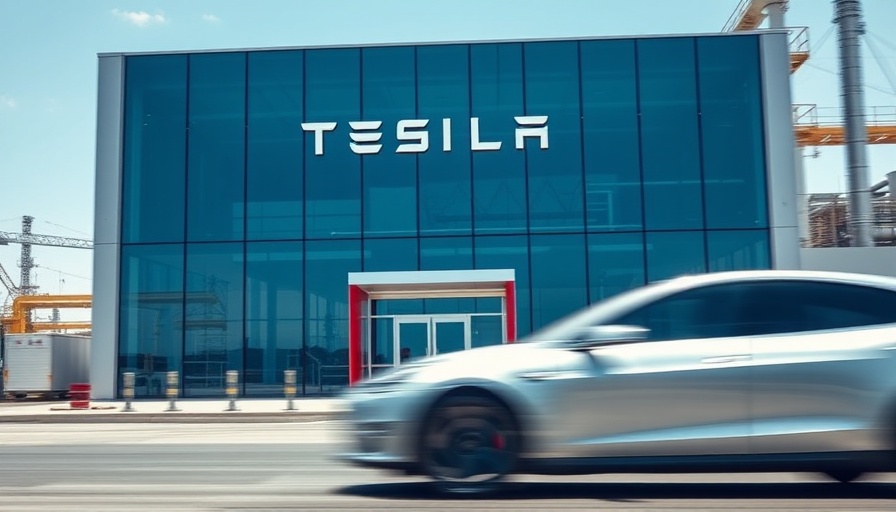
Rising Demands for Better Working Conditions at Tesla’s German Plant
As the demand for electric vehicles continues to surge, Tesla's employees at the German plant are voicing concerns about their working conditions, igniting discussions about labor rights in the tech industry. Workers at the plant in Gruenheide, near Berlin, are calling for improved wages, better working hours, and enhanced safety measures. This demand not only reflects growing dissatisfaction among Tesla's employees but also highlights broader issues within the automotive and tech industries.
Historical Context: A Shift in Labor Dynamics
The current situation at Tesla’s German facility does not occur in isolation. Historically, the automotive industry has been fraught with labor disputes, with unions advocating for fair wages and better working conditions. In recent years, industries across the globe have witnessed a resurgence of labor movements. The gig economy and the rise of tech companies have also sparked conversations about workers' rights, pushing companies to reevaluate their corporate cultures and practices.
The Silicon Valley Impact and Labor Rights
Tesla, a key player in the electric vehicle market and a notable Silicon Valley startup, has set the stage for modern labor dynamics. As tech companies are often viewed as innovators, there's an expectation for them to lead in corporate social responsibility, including fair treatment of their employees. The challenge certain companies face—like Tesla—is balancing rapid growth with maintaining employee satisfaction and welfare.
Counterarguments: The Other Side of Growth
Despite the push for better conditions, some argue that Tesla’s growth and aggressive production goals may justify stringent working conditions. The company's CEO, Elon Musk, has emphasized performance and productivity, often leading to a demanding work environment. However, this raises the question: can a rapidly scaling company thrive while disregarding employee welfare?
Future Predictions: What Lies Ahead for Tesla Workers?
As the pressures mount, predictions indicate that Tesla might need to adapt its labor policies to remain competitive in the employee market. With high-profile companies like Ford and GM also vying for talent in the EV sector, Tesla may have to implement industry-leading compensation and conditions to attract and retain skilled workers. Changes initiated now could lead to innovative labor practices setting a precedent throughout the industry.
Emotional and Human Interest Angles
This situation resonates with many workers across different sectors who face similar challenges. Employees want to feel valued and safe at work, and theirs is a story shared across many workplaces. The demand for better working conditions isn’t merely about salaries; it is about dignity and respect in the workplace.
Actions That Could Be Taken
In light of these developments, business leaders and policy-makers should prioritize open dialogues about working conditions. Initiatives that advocate for transparency and feedback can pave the way for positive changes within companies. Establishing regular communication channels between management and employees at all levels can foster a more inclusive workplace culture.
As discussions continue at Tesla’s German plant, it is crucial for other businesses in the Bay Area and beyond to reflect on their own labor practices. Similar trends among startups and corporations alike call for a reevaluation of what's essential for maintaining a motivated and productive workforce.
The Bay Area, known for its vibrant startup ecosystem, has the opportunity to lead not just in technology but also in corporate culture, emphasizing the importance of employee welfare.
 Add Row
Add Row  Add
Add 



Write A Comment